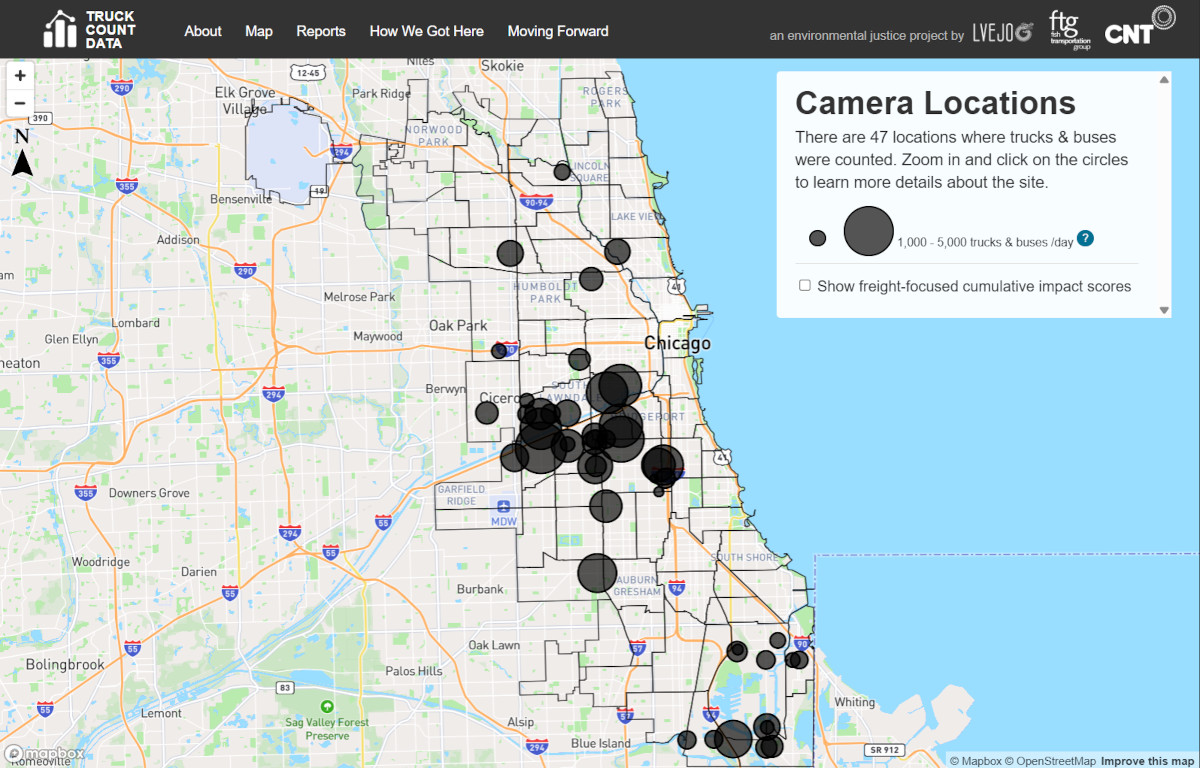Truck traffic in cities spews pollution, causing health issues for people who breathe its dirty air. How many trucks are driving on our streets?
To help find out, in 2023 we deployed truck counting cameras at 35 spots around Chicagoland. The cameras also counted light vehicles and buses (other sources of pollution) and people moving around. These temporary cameras were set up for 24 hours, one time at each spot. We chose spots not only near main streets and highways, but neighborhood streets, schools, parks, intermodal rail yards, and in Chicago’s largest industrial corridors. To count medium- and heavy-duty trucks and distinguish between them, we used a special software called Miovision.
We conducted a second count in 2025, extending the number of sites by 12 to 47 unique truck counts. For this second round, we partnered with members of the Chicago Environmental Justice Network, and allied community organizations like P.E.R.R.O., Southwest Collective, and Grow Greater Englewood. We shared more about the process in an October 2025 story.
Our Chicago Truck Data Portal shows:
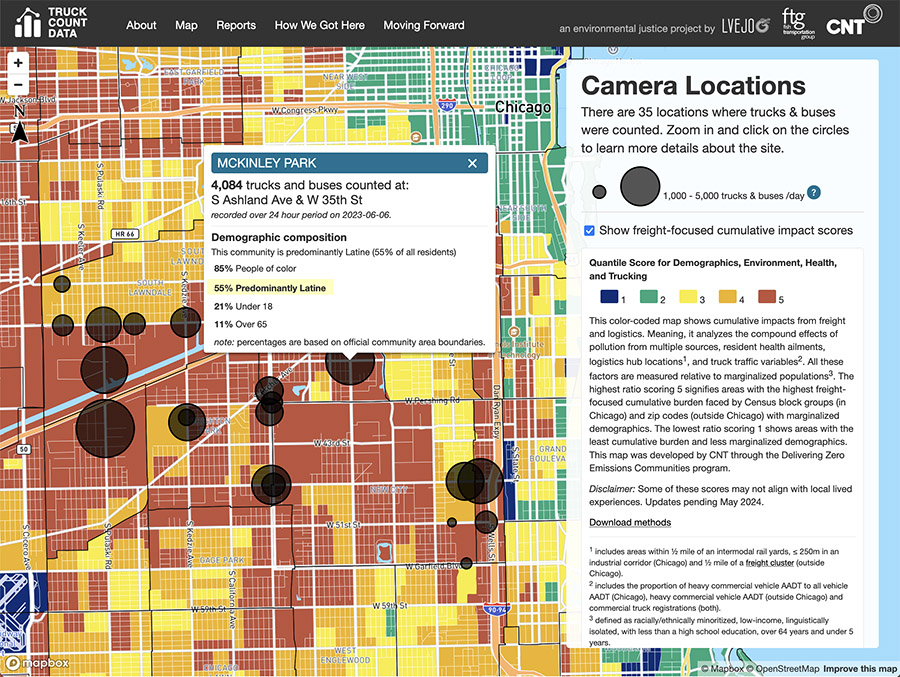
Camera location map of the 35 spots where we collected truck and bus traffic (the bigger the map pin, the higher the truck and bus volume). You can toggle on-and-off a layer to see a freight-focused cumulative impacts scoring for each Census block group.
Compilation video showing a sample of the camera recordings from each spot.
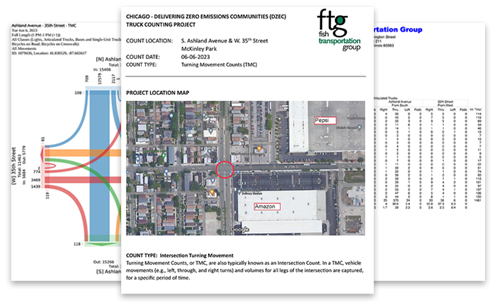
Downloadable traffic count reports for each truck count spot.
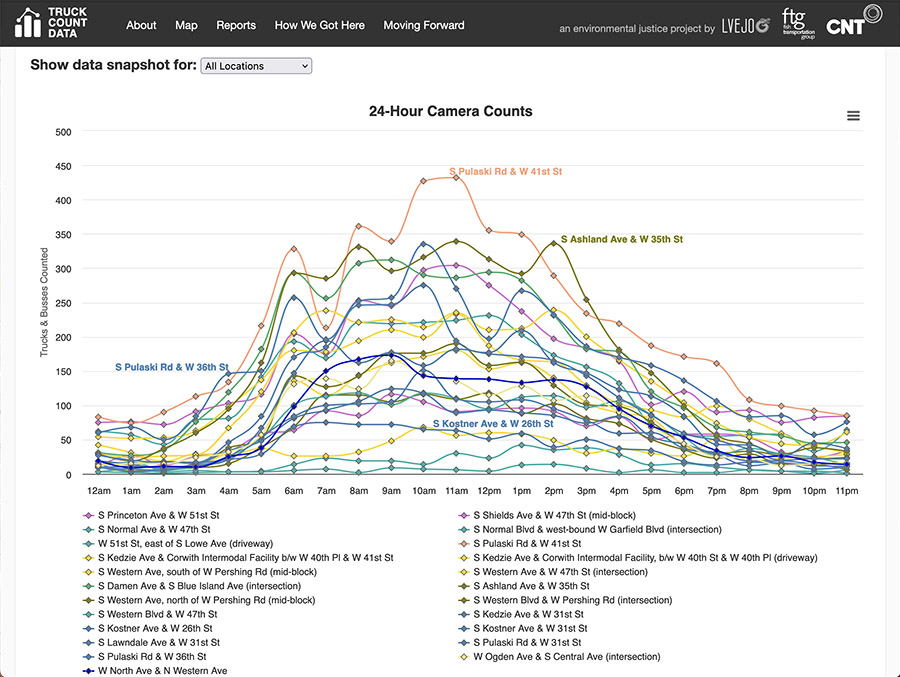
24-Hour camera counts chart visualizing the hour-by-hour truck and bus volumes.
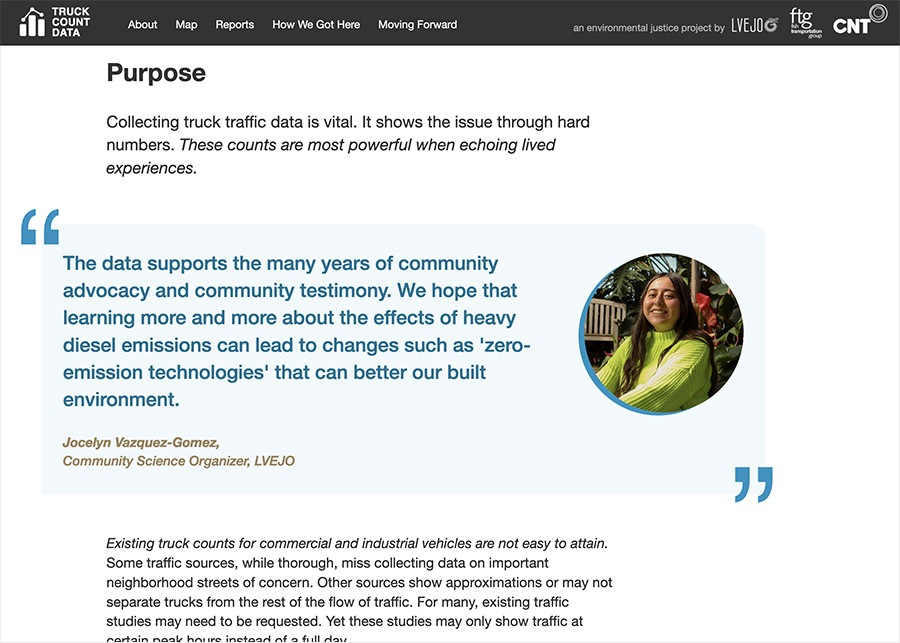
Written narrative with: Chicago resident testimonies, our project purpose, defining trucks, why bother counting trucks in the city, framing the public health crisis and sacrifice zone decision-making, our data-collection process, how we got here, and moving forward.
We hope that this project inspires further truck count locations and permanent truck traffic data collection in Chicagoland. Better truck traffic data can better verify existing traffic estimates and studies, inform permitting processes and other policies, add to the understanding of cumulative impacts, especially in environmental justice communities, and advise a Just Transition to truck electrification.
Chicago Truck Data Portal is a project between CNT and Little Village Environmental Justice Organization in consultation with Fish Transportation Group, Inc. This project was made possible through the Delivering Zero Emissions Communities accelerator program. Chicago Truck Data Portal is supported by the Chicago Department of Transportation.



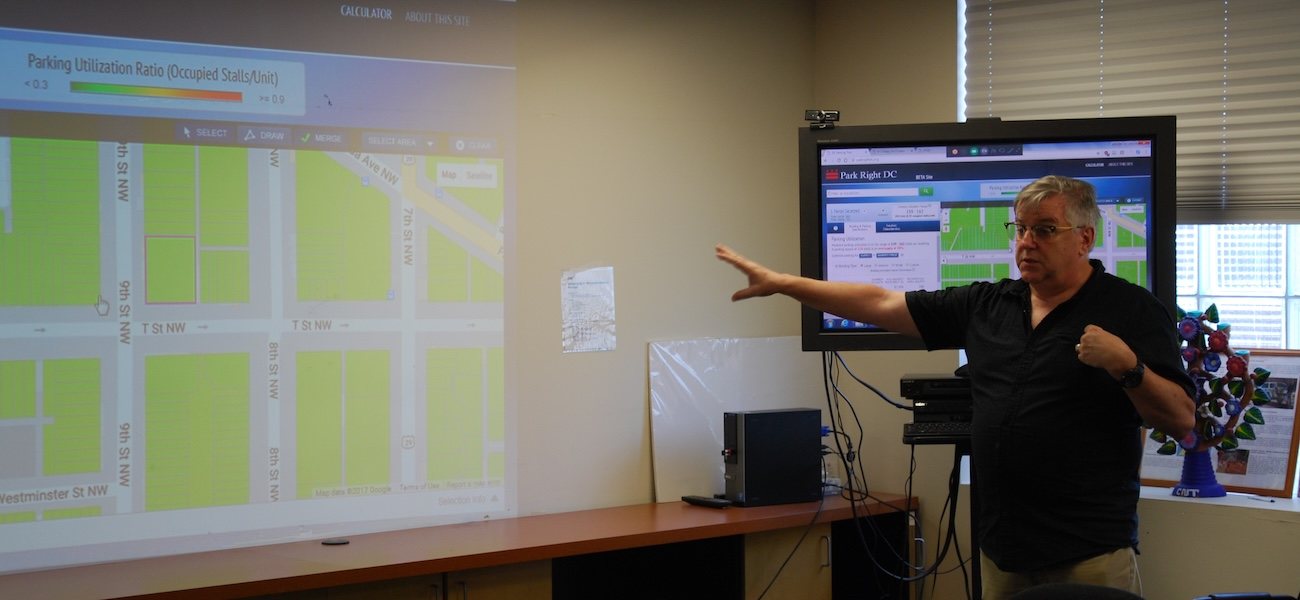
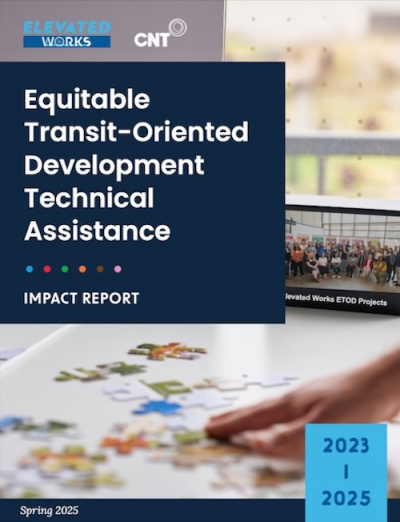
 Strengthening Transit Through Community Partnerships
Strengthening Transit Through Community Partnerships